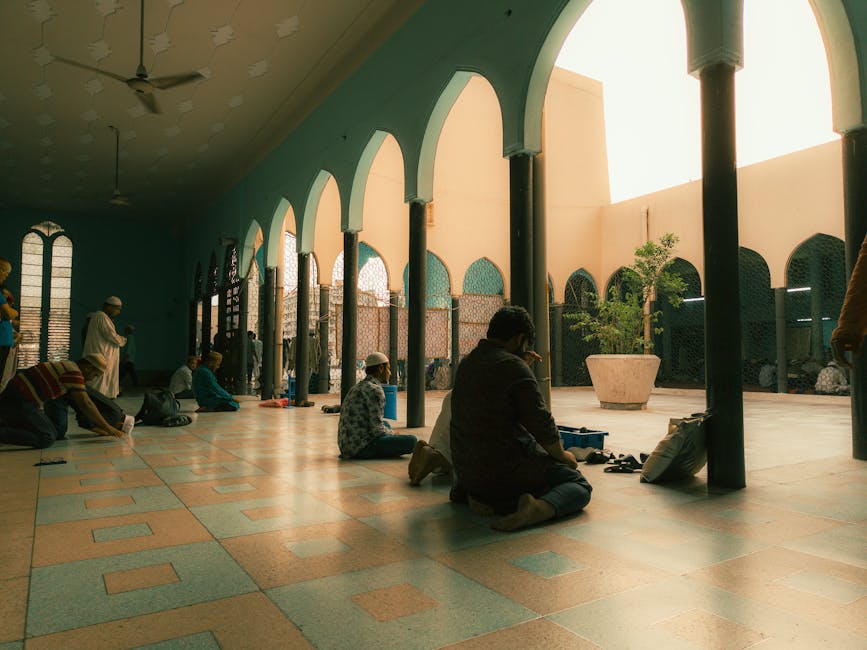Mohan Bhagwat on Muslim Participation in RSS: Key Takeaways
In a significant statement, Rashtriya Swayamsevak Sangh (RSS) chief Mohan Bhagwat clarified whether Muslims can join the organization. Speaking in Nagpur, Bhagwat outlined the RSS’s membership criteria, emphasizing cultural alignment over religious identity.
Can Muslims Join the RSS? Bhagwat’s Response
When asked about Muslim participation, Bhagwat stated:
“Anyone who accepts Bharat’s culture, respects its traditions, and identifies as a Hindu in the cultural sense is welcome in the Sangh.”
He clarified that the RSS does not bar members based on religion but expects adherence to its cultural-nationalist ethos. However, Bhagwat added:
“Those who prioritize religious identity over national identity may not find a place in the RSS.”
Who is ‘Not Allowed’ in the RSS?
Bhagwat listed three categories of individuals excluded from Sangh membership:
1. Opponents of Indian Culture – Those rejecting Hindu civilizational values.
2. Promoters of Divisive Agendas – Including separatists or anti-national elements.
3. Foreign Nationals – RSS membership is reserved for Indian citizens.
Controversy and Reactions
Bhagwat’s remarks sparked debate:
– Critics (like Congress’s P. Chidambaram) argue the “cultural Hindu” test undermines equality.
– Supporters (including BJP leaders) call it a “unifying vision” for India.
Historical Context: RSS and Minorities
While the RSS has traditionally been Hindu-centric, Bhagwat has recently engaged Muslim leaders, asserting “all Indians are culturally Hindu.” Critics see this as exclusionary, while backers view it as fostering unity.
Implications for India’s Social Fabric
The RSS’s stance reflects a larger debate: Should Indian identity be culturally rooted or secular? For minorities, joining the Sangh may require prioritizing cultural allegiance over religious identity.
Conclusion: A Conditional Welcome
Bhagwat’s statement leaves the door open for Muslims—if they embrace the RSS’s ideological framework. The Sangh remains firm on its core principles, even as it seeks broader inclusivity.




